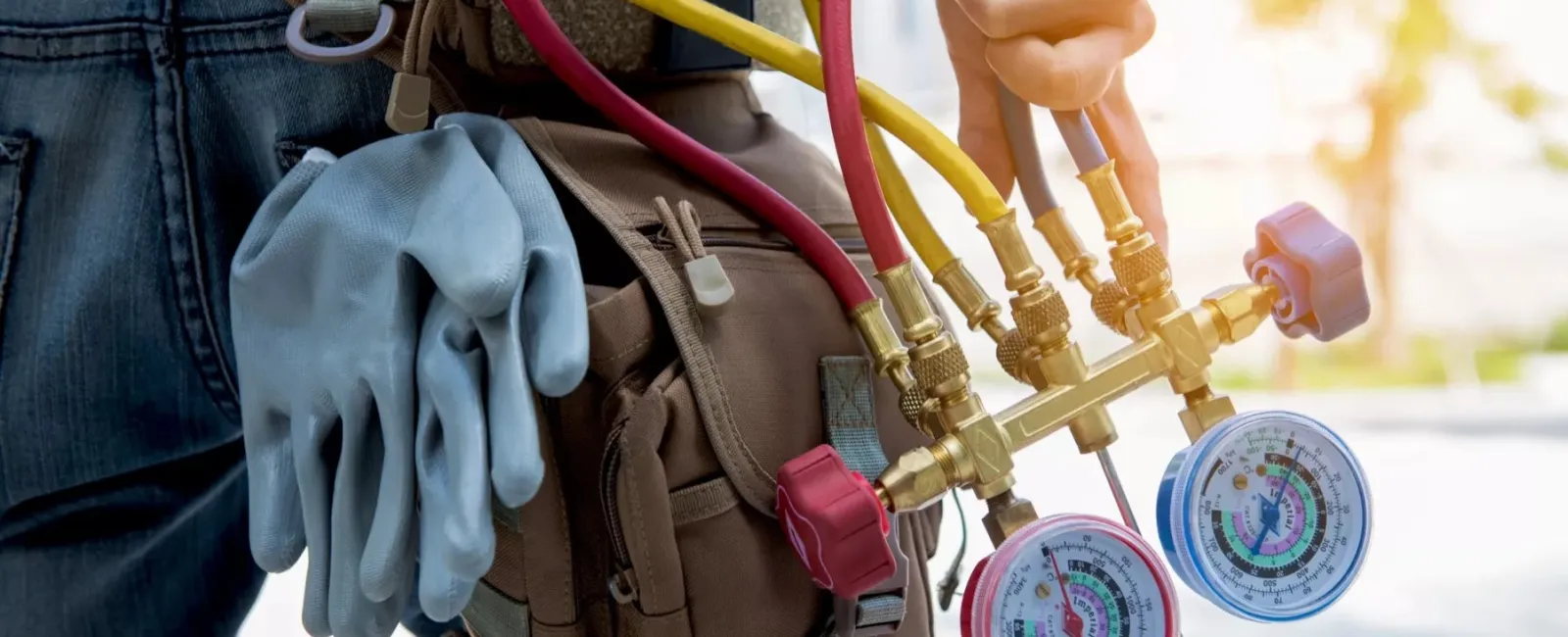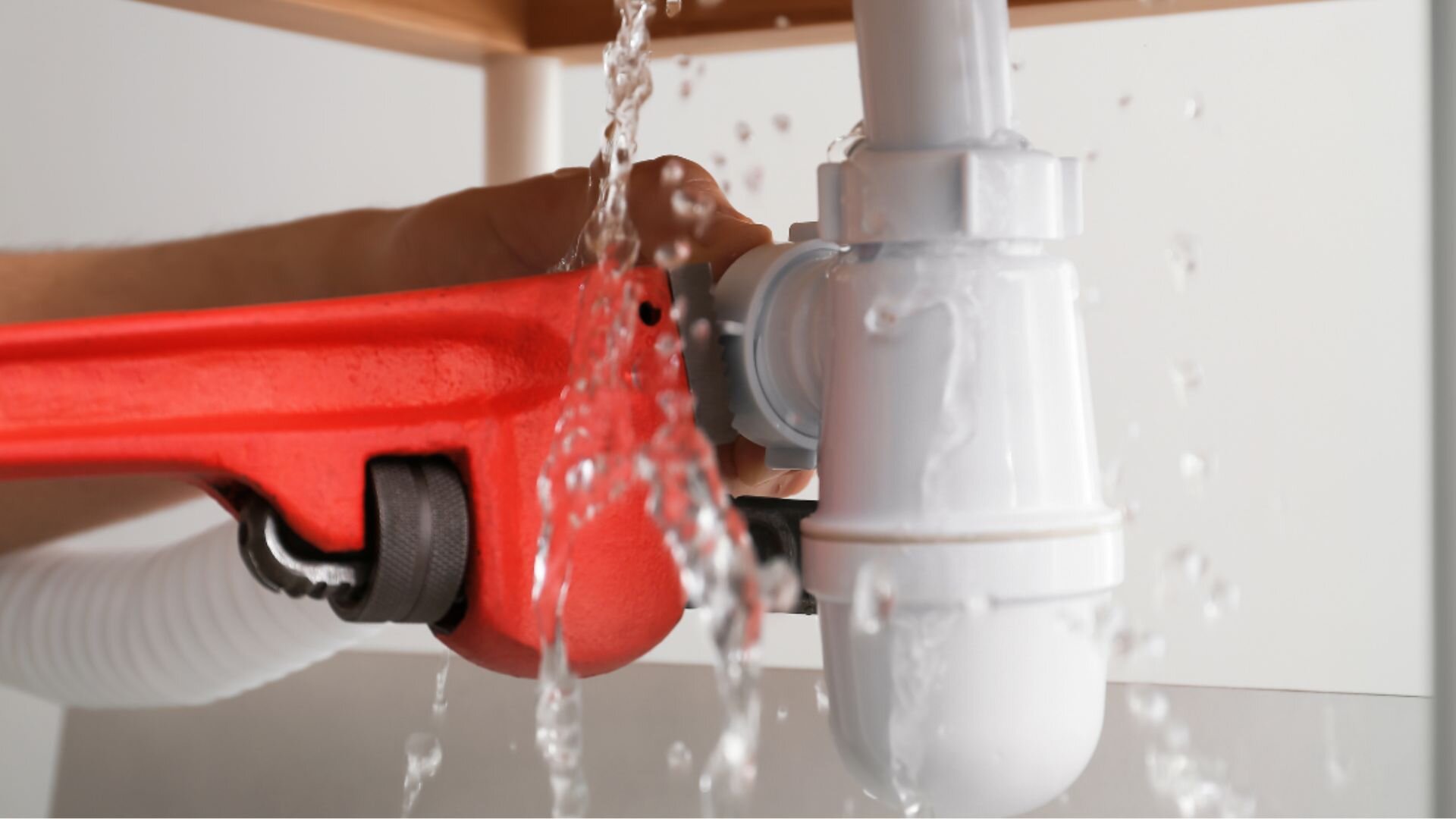Quick Fixes for Plumbing Emergencies: What to Do Until Help Arrives
Quick Fixes for Plumbing Emergencies: What to Do Until Help Arrives
Blog Article
How do you really feel when it comes to Expert Tips for Managing a Plumbing Emergency Until Help Arrives?

Plumbing emergency situations can strike at any time, creating stress and prospective damage to your home. Whether it's a burst pipeline, a clogged up drainpipe, or a leaky tap, recognizing just how to handle the circumstance up until a professional plumbing arrives can conserve you from additional problems. This short article gives essential emergency plumbing suggestions to assist you mitigate damages and gain back control during a plumbing dilemma.
Switch off the Water
The initial step in any pipes emergency is to shut down the supply of water. For local problems, such as a leaking tap or bathroom, switch off the shutoff near the fixture. In the case of a significant leakage or ruptured pipe, find your home's main water shut-off shutoff and turn it off instantly. Knowing the area of these valves beforehand can conserve useful time throughout an emergency situation.
Turn off Your Water Heater
In particular emergency situations, such as a burst pipe, it's important to shut down your hot water heater. This protects against getting too hot or damages to the unit when water quits streaming. Switch off the power supply to the water heater (electric or gas) and allow it cool down to prevent possible threats.
Temporarily Quit a Burst Pipe
A ruptured pipeline can bring about substantial water damage in minutes. To alleviate the issue:
Call a specialist plumber instantly to attend to the issue completely.
Have an Emergency Pipes Package
Prepare a standard pipes emergency situation kit to take care of minor issues efficiently. Your kit ought to include:
Having these tools handy can make a considerable distinction in your capacity to take care of emergency situations.
Unclog Drains Pipes Securely.
A stopped up drain can be an aggravating and untidy problem. Here's how to tackle it:.
If these approaches do not function, avoid using too much pressure, as it may worsen the clog.
Manage Overflowing Toilets.
An overflowing bathroom can cause immediate turmoil. Here's what you need to do:.
Address Little Leakages with Momentary Solutions.
Little leakages can swiftly become considerable troubles if left untreated. Utilize these temporary fixes till professional aid arrives:.
While these fixes aren't long-term, they can aid decrease water loss and damage.
Deal With Frozen Water Lines Meticulously.
In chillier environments, icy pipes are an usual emergency. If you suspect a frozen pipe:.
Know When to Call a Professional.
While quick fixes can assist briefly, certain pipes issues require immediate specialist attention. Call a plumbing technician if:.
Immediately speaking to an expert makes sure the issue is settled properly and avoids more difficulties.
Avoid Further Damages.
Taking quick action to minimize damages can save you time and money in the long run. Right here's how:.
Conclusion.
Plumbing emergencies can be frustrating, yet with the ideal knowledge and tools, you can take care of the circumstance properly until aid shows up. By turning off the water supply, attending to small leaks, and making use of momentary repairs, you can minimize damages and keep your home safe. Bear in mind, these tips are temporary services; always seek advice from a licensed plumber to take care of the source of the issue. Preparation and fast thinking are your finest allies in any type of pipes emergency situation.
8 Helpful Tips for Managing Plumbing Emergencies at Home
If your plumbing system hasn’t failed once, wait for it because almost everyone has a story to tell. Sometimes, it could be simple emergencies such as a leaking pipe, a blocked cistern, or even a big burst pipe. In situations like this, you need to have some handy tips to save you some money and from possible damages.
Take care of minor issues early.
Sometimes, you could have avoided an emergency by taking proactive measures while it was still early. Some major plumbing emergencies can be a result of an ignored minor issue. We recommend that you have items like plumbing tapes and other related items. A plumbing tape can allow you to manage minor leaks before the plumber arrives.
Cut off the water supply.
This tip is essential in almost any type of leakage problem. For problems like minor leakages in the toilet or kitchen, turn off the supply that takes water to the affected pipes. If the leakage is a major pipe, you must shut off the supply valve to the entire building. This will help you avoid flooding your home and neighbors if you share a flat.
Know your plumbing system
Folks typically move into a new apartment without understanding the water supply around the building. This can prove disastrous if a water emergency arises and the plumber is far away. The previous tip will prove useless if you don’t practice this one. More importantly, know where your water shut-off valve is located – you’ll need that knowledge to prevent potential home floods.
Have some common handy tools
There are lots of plumbing emergencies that you can handle without hiring a plumber. That’s why you must keep some tools available always. Some tools that you can use to fix simple plumbing emergencies easily include plumbing tapes, screwdrivers, thread seal tapes, plungers, pliers, tape measures, and rubber gloves.
Insulate your pipes from cold
You’ll save yourself from many plumbing expenses if you protect your water pipes from the cold. This is because of the harmful effects that cold weather can have on your pipes. During winter, your pipes can burst from being overly expected to freezing temperatures. So, make sure insulators are there to keep the pipes working correctly.
Avoid practices that will clog your toilet.
Many people indulge in practices that can damage the plumbing system of the entire building. One of these is when they use their toilet to dispose-off garbage. They flush all kinds of things, such as paper towels, bandages, hairs, female sanitary products, etc., down the toilet. This will block your toilet in the long run, incurring unnecessary expenditures. Dump such waste in the trash instead.
Check your dials regularly.
Sometimes, there could be leakages in your home without noticing them in time. So, constantly monitor your water meter dial. If the dial is reading when there is nobody using water, this is an indicator that there is leaking. Check for leaks immediately. Call a plumber as soon as possible if you can’t find any.
https://www.constructionplacements.com/8-helpful-tips-for-managing-plumbing-emergencies-at-home/

We were shown that article on What to Do During a Plumbing Emergency through an acquaintance on our other site. Do you know about anybody else who is excited about Expert Tips for Managing a Plumbing Emergency Until Help Arrives? Take a moment to share it. Thank-you for going through it.
About This Report this page